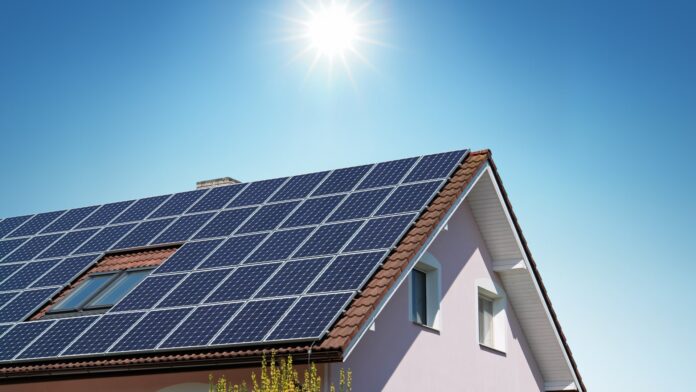Two solar power providers stand to gain as the alternative energy type becomes more in vogue, Susquehanna said. Analyst Biju Perincheril initiated Sunnova Energy and SunPower as positive. The analyst slapped a $38 price target on Sunnova, implying upside of 126.5% from Friday’s close of $16.78 trading price. Priced slightly lower at $16.73, SunPower could gain 49.4% based on its $25 target. “We think the risk/reward in residential solar installation names looks attractive with the recent weakness and IRA tailwinds for the sector,” Perincheril said in a note to clients. Perincheril said the industry has short-term headwinds related to higher costs for equipment and financing, supply chain constraints and utility underconnection. But as those growing pains work themselves out, the market is on track to grow 26% in the second half of the year after adding 36% in the first half. Rising utility costs have helped increase demand for both 2022 and 2023 despite some moderation from a California tax credit step down, Perincheril said. The move toward electric vehicles will in turn help adoption of solar, Perincheril noted, as electricity requirements for car charging are easier to meet with solar. Solar as an industry has been boosted by the Inflation Reduction Act , which provides benefits like tax credits for consumers who make the jump to alternative energy. Solar is becoming increasingly popular as consumers look to long-term savings despite up-front costs. Perincheril noted that despite growing 10-fold in the last decade, just 4% of single-family homes have solar – meaning there’s still a huge market to tap into. “Despite the supply chain headwinds and rising prices, residential solar installations have been quite resilient,” Perincheril said. As the market becomes more penetrated, Perincheril said its likely national brands with infrastructure already in place such as Sunnova and SunPower that stand to see the biggest wins. These larger retailers can also benefit from having end-to-end offerings that span selling, installation and financing, which will further separate them from smaller companies. — CNBC’s Michael Bloom contributed to this report.
© heardonwallstreet.com


